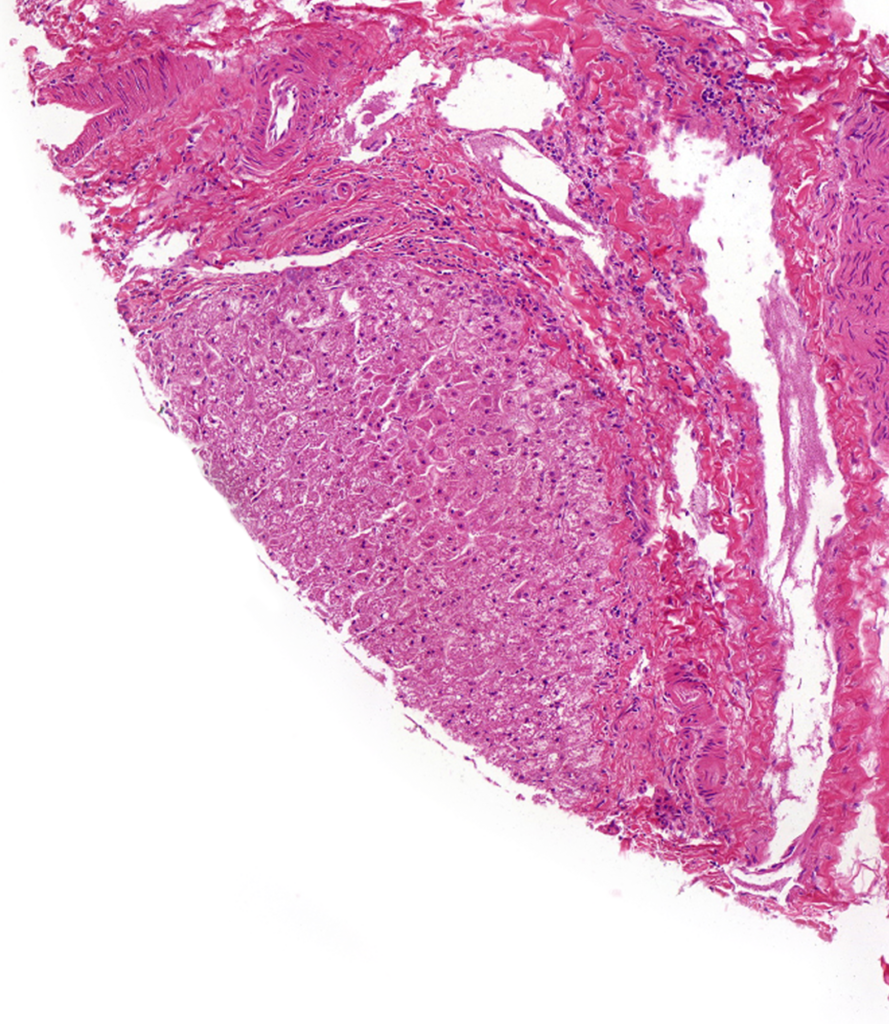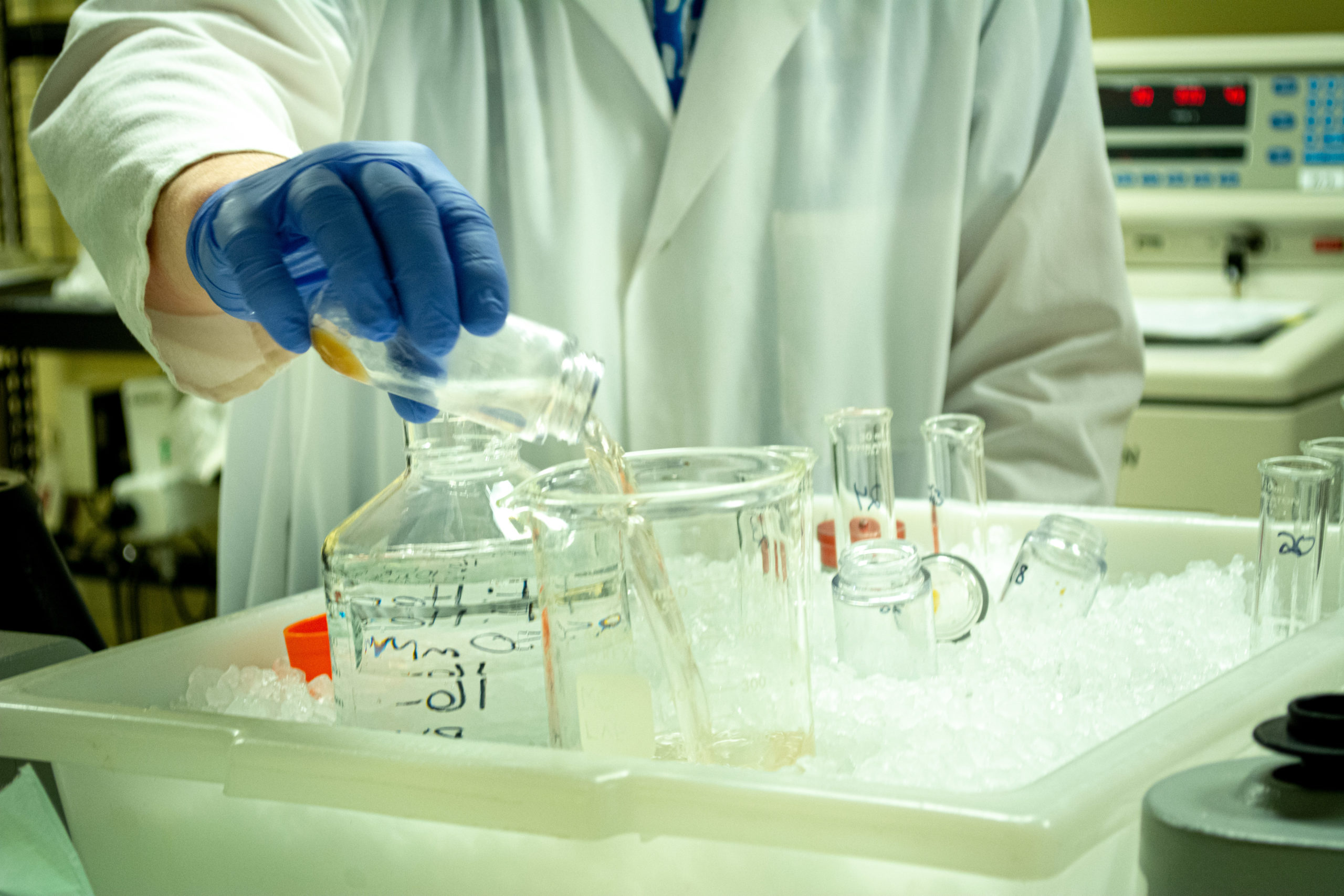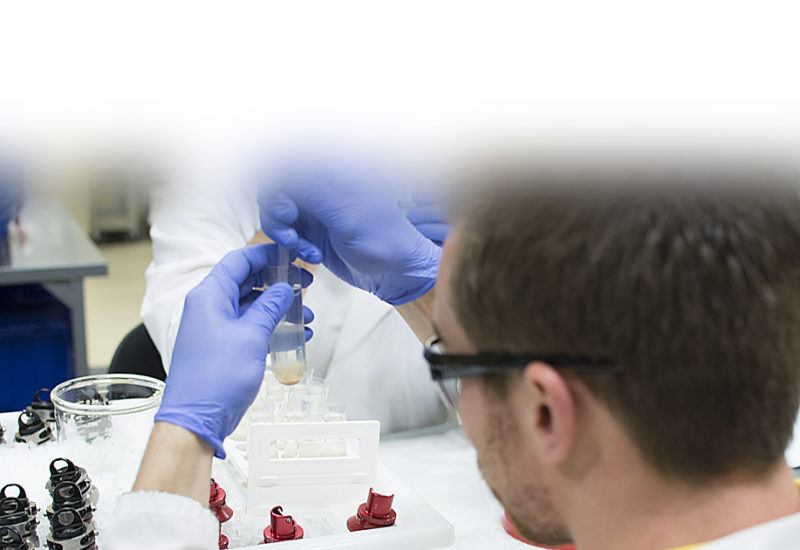We offer matching S9, cytosol, and microsomes from liver, intestine, kidney, and lung tissue from Cynomolgus and Rhesus monkey. Custom subcellular fractions may be available upon request.

Non-Human Primate (Monkey) Liver Microsomes, S9 & Cytosol
XenoTech products are now available for purchase at BioIVT.com!
Browse BioIVT’s hepatocytes, subcellular fractions & recombinant enzymes and create an account on bioivt.com to view pricing, generate quotes, and purchase products. Click here for a guide to the new products’ part numbers.
Microsomes are supplied in 0.5 mL volume at a concentration of 20 mg/mL (10 mg/mL for treated microsomes) in 250 mM sucrose buffer. S9 (1 mL at 20 mg/mL) and cytosol (1 mL at 10 mg/mL) fractions are packaged in a suspension buffer containing 50 mM TRIS-HCI, (pH 7.4 at 4ºC), 150 mM KCI, and 2 mM EDTA.
Utilizing Monkey Liver Subcellular Fractions in Preclinical Research
Pooled monkey liver fractions are used most often in drug metabolism studies for preclinical research defining a drug candidate’s ADME (absorption, distribution, metabolism, and excretion) profile. Our unique preparation methods allow for large lots for consistency between assays and availability of matching S9, microsomes, and cytosol for correlation between studies using different test systems.
Microsomes contain the highest concentration of many important drug-metabolizing enzymes including cytochrome P450 (CYP) and UDP-glucuronosyltransferase (UGT) enzymes. Homogenate and S9 fractions contain a mixture of membranes and soluble enzymes that can be further fractionated into cytosolic and microsomal subcellular fractions. Homogenate and S9 express a wide variety of phase I and phase II enzymes and are recommended for many different PK/ADME studies. Microsomal fractions are enriched for phase I enzymes, while Cytosolic fractions contain various soluble drug-metabolizing enzymes and are a recommended test system for evaluating phase II metabolic reactions of a test compound – especially once reactions have been observed in S9 fractions.
Prototypical Inducer-Treated Microsomes for Ex Vivo Induction Studies
Treating animals with various xenobiotics causes marked induction of liver microsomal CYP enzymes. We offer subcellular fractions from non-human primates, dogs, and rats treated with prototypical inducers to serve as positive controls for ex vivo enzyme induction studies or for metabolism assays to support data that indicates a specific CYP’s contribution to a compound’s metabolism.
These products are pooled from multiple animals to ensure good representation of the induction effects and to provide sufficient product availability. The following product information is included with each order of treated animal subcellular fractions:
Lot-Specific Information
- Cytochrome P450 content
- Cytochrome b5 content
- NADPH-cytochrome c reductase activity
- Activity of the inducible CYP enzyme
- Dosing regimen
- Animal husbandry conditions
| Product | Description | Volume | Protein Concentration | Induced CYP |
|---|---|---|---|---|
| P2073 | Male Cyno Monkey Liver Microsomes – Pooled of 3 – Saline-Treated – 10 mg/mL | 0.5mL | 10 mg/mL | Control |
| P2078 | Male Cyno Monkey Liver Microsomes – Pool of 3 – PB-Treated – 10mg/mL | 0.5mL | 10 mg/mL | CYP 2A/2B |
| P2083 | Male Cyno Monkey Liver Microsomes – Pool of 4 – BNF-Treated – 10mg/mL | 0.5mL | 10 mg/mL | CYP1A |
| P2085 | Male Cyno Monkey Liver Microsomes – Pool of 3 – Pyrazole-Treated – 10mg/mL | 0.5mL | 10 mg/mL | CYP2E |
| P2095 | Male Cyno Monkey Liver Microsomes – Pool of 4 – Rifampin-Treated – 10mg/mL | 0.5mL | 10 mg/mL | CYP3A |
| P2096 | Male Cyno Monkey Liver Microsomes – Pool of 2 – Omeprazole-Treated – 10mg/mL | 0.5mL | 10 mg/mL | CYP1A |
| P2573 | Female Cyno Monkey Liver Microsomes – Pool of 2 – Saline-Treated – 10 mg/mL | 0.5mL | 10 mg/mL | Control |
| P2578 | Female Cyno Monkey Liver Microsomes – Pool of 2 – PB-Treated – 10mg/mL | 0.5mL | 10 mg/mL | CYP 2A/2B |
| P2583 | Female Cyno Monkey Liver Microsomes – Pool of 3 – BNF-Treated – 10mg/mL | 0.5mL | 10 mg/mL | CYP1A |
| P2585 | Individual Female Cyno Monkey Liver Microsomes – Pyrazole-Treated – 10mg/mL | 0.5mL | 10 mg/mL | CYP2E |
| P2595 | Female Cyno Monkey Liver Microsomes – Pool of 4 – Rifampin-Treated – 10mg/mL | 0.5mL | 10 mg/mL | CYP3A |
| P2596 | Female Cyno Monkey Liver Microsomes – Pool of 2 – Omeprazole-Treated – 10mg/mL | 0.5mL | 10 mg/mL | CYP1A |
Make sure your microsomes and S9 fractions are properly activated
For best results from assays using microsomes and S9 fractions, we recommend using NADPH regeneration to support high metabolism levels by ensuring that the NADPH levels are not a limiting factor in your incubations. Our preferred system, RapidStartTM, uses an enzymatic reaction that converts NADP to NADPH, which is then used as a cofactor by CYPs and oxidized back to NADP, and the cycle continues ensuring stable NADPH levels throughout the incubation. RapidStartTM NADPH regeneration is easily activated by simply adding water. Our easy-to-use formula is the most convenient and flexible NADPH regenerating system you’ll find, allowing users to easily tailor the system’s capability by simply varying the amount of water added. RapidStartTM is perfect for long- and short-term incubations and supports the function of recombinant enzymes and subcellular fractions, allowing you to achieve the most accurate and reliable data during your in vitro assays.
Don’t see what you need? Other preparations can be made available!
If you require subcellular test systems not available through our standard product offerings, Custom Subcellular Preparations can be easily ordered to meet the specific needs of your study.
Our designated Custom Products team regularly prepares and isolates cells and/or subcellular fractions from more than 45 different species and has capabilities to meet unique needs that are unavailable through most vendors– non-standard rodent strains, farm animals, insects, precarious tissue isolations such as adrenal gland or jejunum. Our specialists can carry out over 40 characterization assays, providing the end user with a good foundation for their DMPK assays. See our Custom Products page for examples of past custom preparations or get in touch with a specialist to find out how we can meet your needs.


